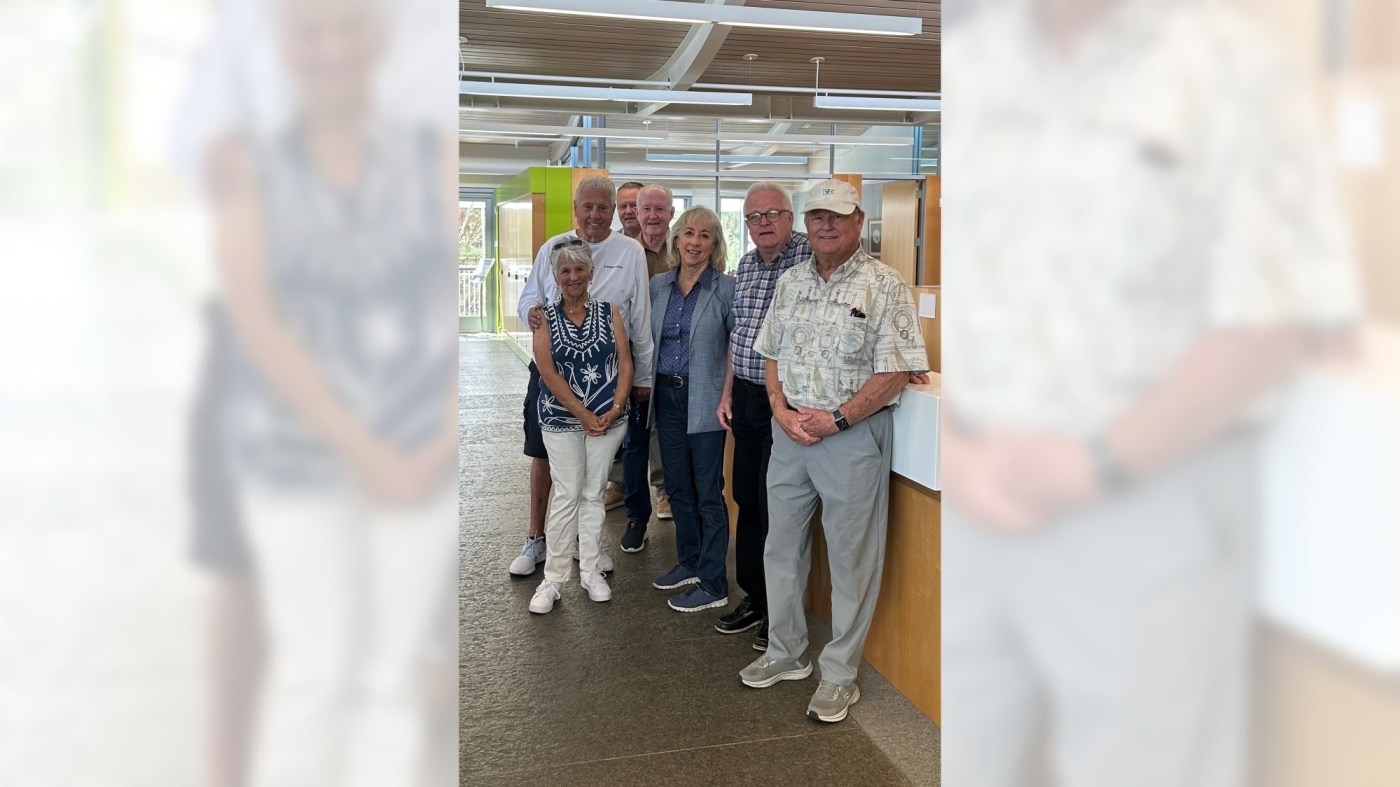A local activist group that wants to give voters a greater say on development in their community has submitted signatures to put an initiative on the June primary ballot that it argues “balances responsible urban development with environmental protection and quality of life for residents and businesses in Newport Beach.”
The proposed “Responsible Housing Initiative” wants taken into account in planning for meeting the state’s mandated housing allocation for Newport Beach the units that are already in the pipeline, meaning they are approved and signed off on, as well as other projects that address the state’s required affordable housing. It would limit most additional development laid out in the housing element to affordable and moderate-income housing.
This would amend the city’s general plan to allow for more residential housing in a manner “that fully satisfies, but does not unduly exceed” the requirements of California housing laws, including the State Housing Element Law and Housing Accountability Act, according to the petition statement.
The state has allocated Newport Beach 4,845 units to plan for, but the city has approved zoning and development standards that could accommodate up to 8,174 new homes.
City officials have said they factored a buffer into the housing element that went to the state in case some projects fall through. The city currently has preliminary applications for more than 5,000 units of mostly apartments.
In September 2024, Still Protecting Our Newport and the Newport Beach Stewardship Association filed lawsuits against the city, hoping a judge would enforce the city’s Greenlight initiative, on the books since 2000, and require the city’s housing element to go on the ballot for approval.
The groups’ lawsuits were struck down in June, with the judge ruling that the state’s housing mandates took precedence over the city’s Greenlight initiative, which requires a public vote on larger developments. The Newport Beach Stewardship Association is filing an appeal to the judge’s decision but Still Protecting Our Newport is not, and instead is pushing forward with promoting the initiative, said Nancy Scarbrough, a spokesperson for SPON.
To get the measure on the June ballot, the groups need to have collected 6,092 valid signatures, which is 10% of the registered voters in Newport Beach. The petitions were turned in to the city clerk on Oct. 2 for validation, which can take up to 30 days. SPON submitted 8,700 signatures.
If successful, the ballot measure would return major housing decisions to the voters of Newport Beach, rather than leaving them to politicians, Scarbrough said.
“It’s obvious that there are still a lot of people who want the Greenlight vote on development and they’re not happy with being told that they don’t get to have their say,” she said. “People we talk to on a regular basis are not happy they’re being told, first by the state, that they have to have X number of houses and also by the city that they don’t get to vote on any of the developments as is required per city charter.”
Newport Beach Mayor Joe Stapleton said the city could have faced severe consequences if the council had allowed the Greenlight initiative to prompt a public vote on the state-required housing element, including court-imposed fines of up to $600,000 per month, legal action by the state, and the loss of local control over where and how housing is developed in Newport Beach.
Now, in response to the proposed ballot initiative, he raised concerns about the tone it sets. “I have real concerns about an initiative whose first sentence mandates ‘2,160 extremely low, very low and low income units,’” he said.
Among the group’s biggest beefs with the city’s plan is the fact that officials approved more housing density than was actually needed, said Charles Klobe, president of SPON, explaining the crux of the initiative is, “We get credit for all the pipeline units and we’re going to build all of the affordable units that were required.”
“That means it closes the door on most new development applications that are all market-grade housing because they’re already spoken for,” Klobe said. “If they only allowed for what was required, our initiative cleans that up and takes account of the pipeline units, which they did not take into account.”
Once the necessary number of signatures are validated – the deadline for that is Nov. 17 – the City Council will decide whether to adopt the initiative outright or place it on the ballot.
